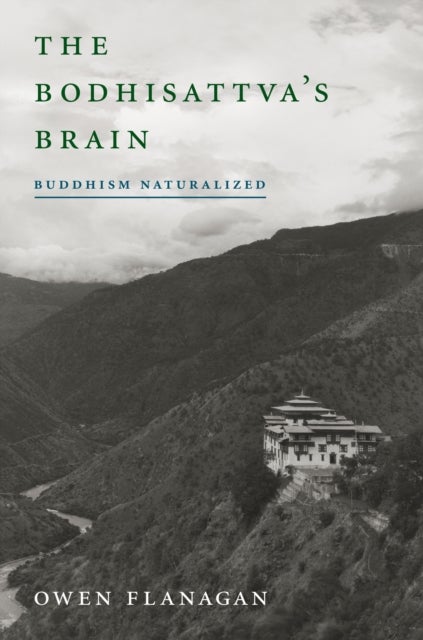
The Bodhisattva's Brain av Owen (Duke University) Flanagan
199,-
<b>This fascinating introduction to the intersection between religion, neuroscience, and moral philosophy asks: Can there be a Buddhism without karma, nirvana, and reincarnation that is compatible with the rest of knowledge?<br><br></b>If we are material beings living in a material world—and all the scientific evidence suggests that we are—then we must find existential meaning, if there is such a thing, in this physical world. We must cast our lot with the natural rather than the supernatural. Many Westerners with spiritual (but not religious) inclinations are attracted to Buddhism—almost as a kind of moral-mental hygiene. But, as Owen Flanagan points out in <i>The Bodhisattva''s Brain</i>, Buddhism is hardly naturalistic. In <i>The Bodhisattva''s Brain</i>, Flanagan argues that it is possible to discover in Buddhism a rich, empirically responsible philosophy that could point us to one path of human flourishing.<br><br> Some claim that neuroscience is in the process o








